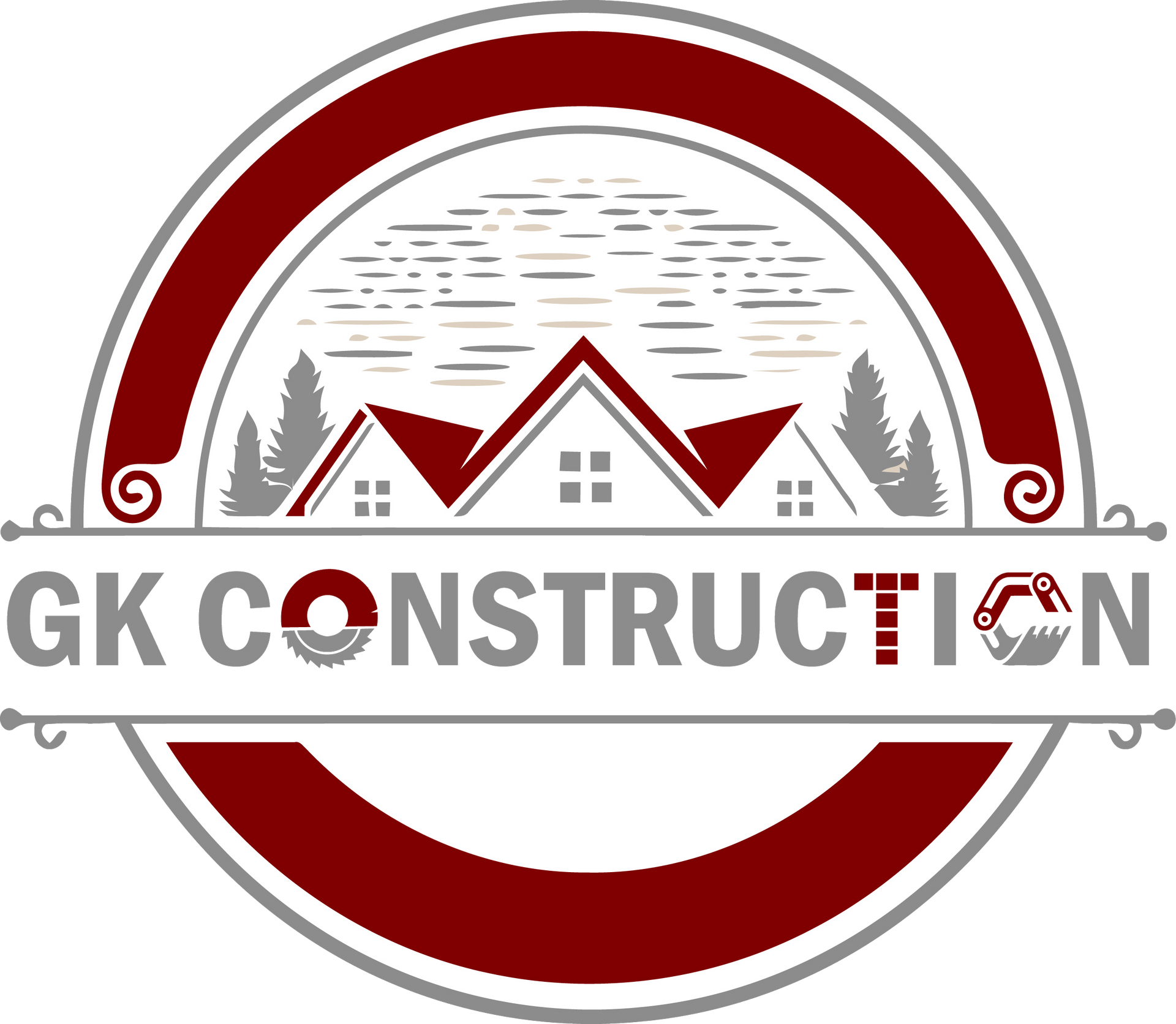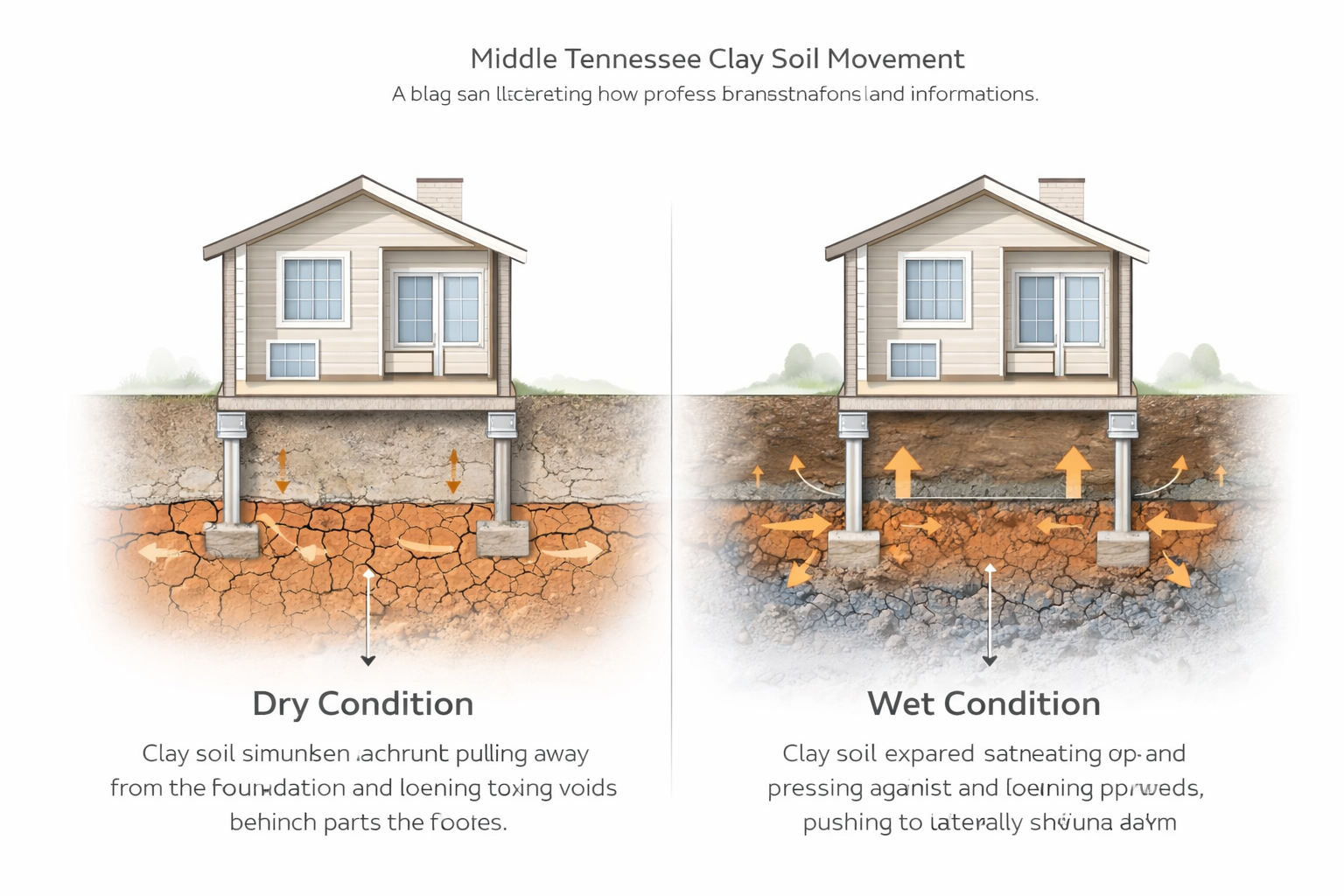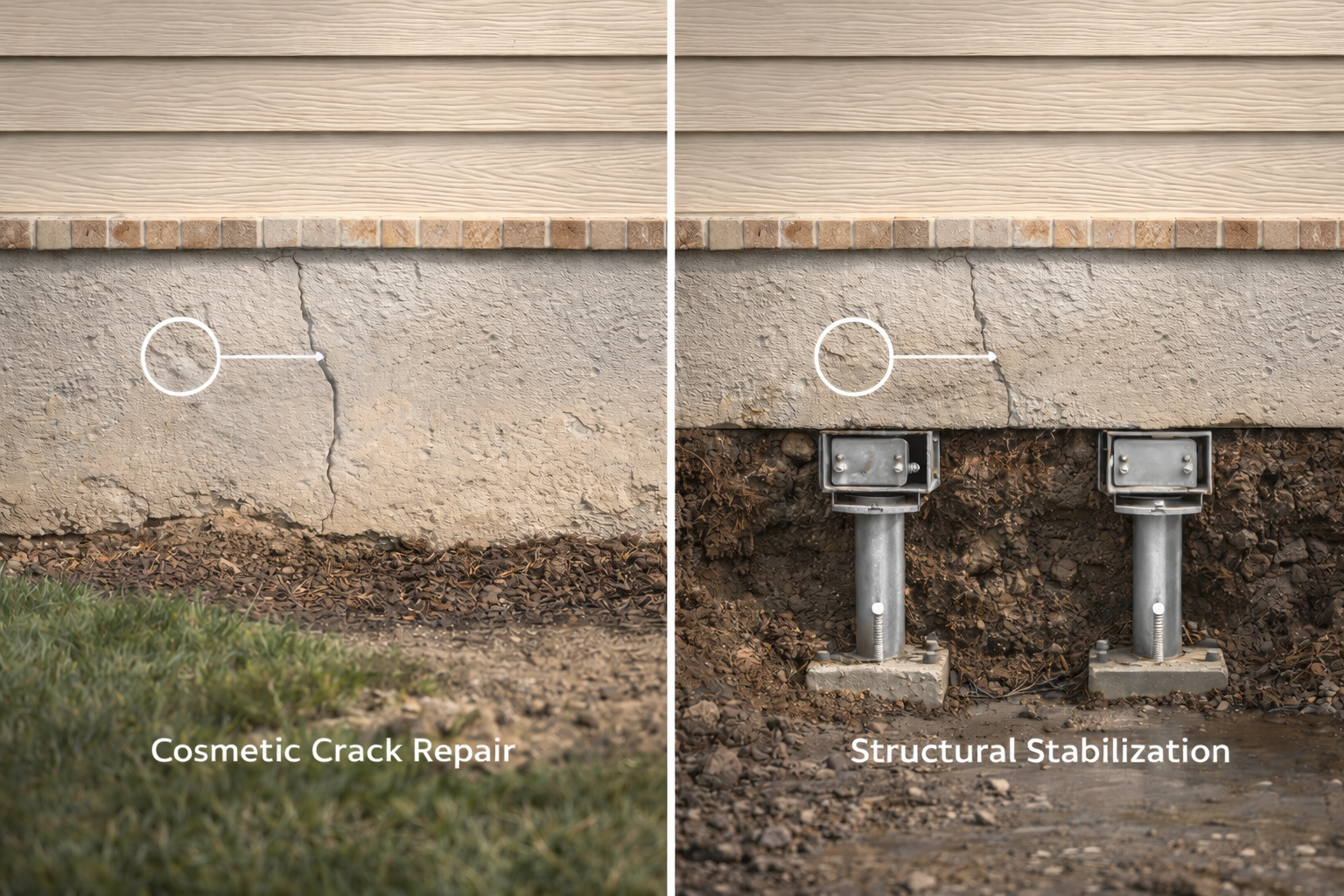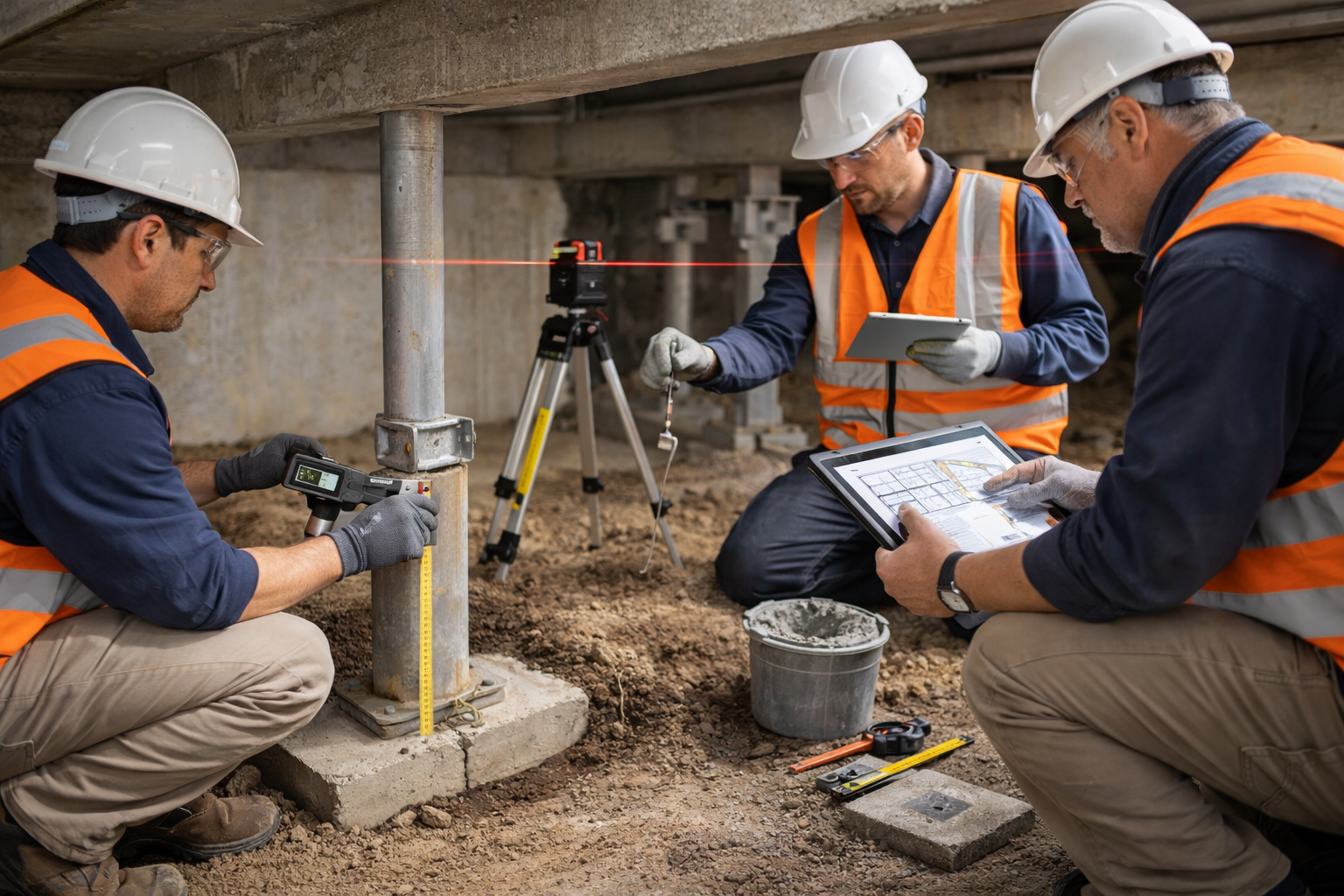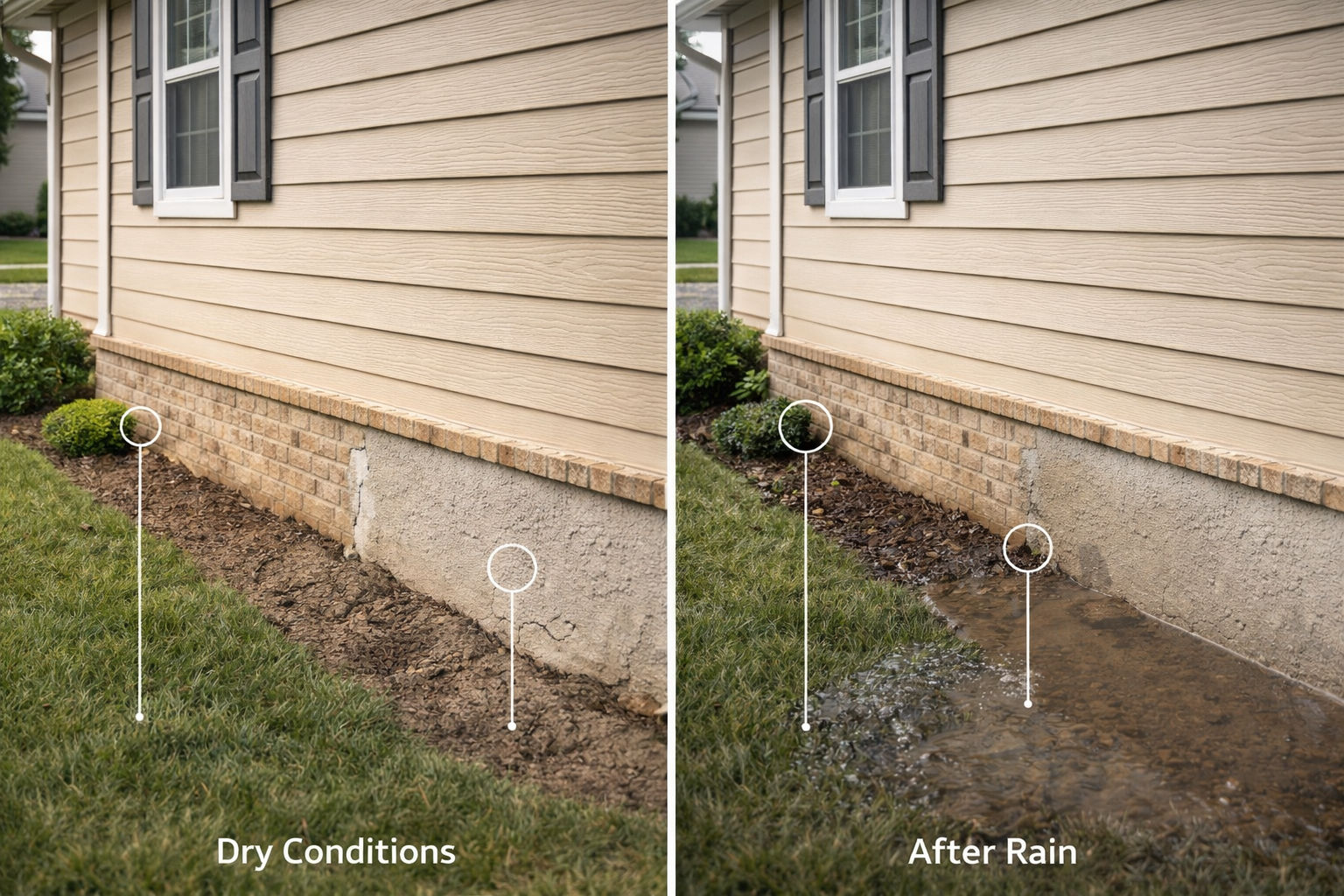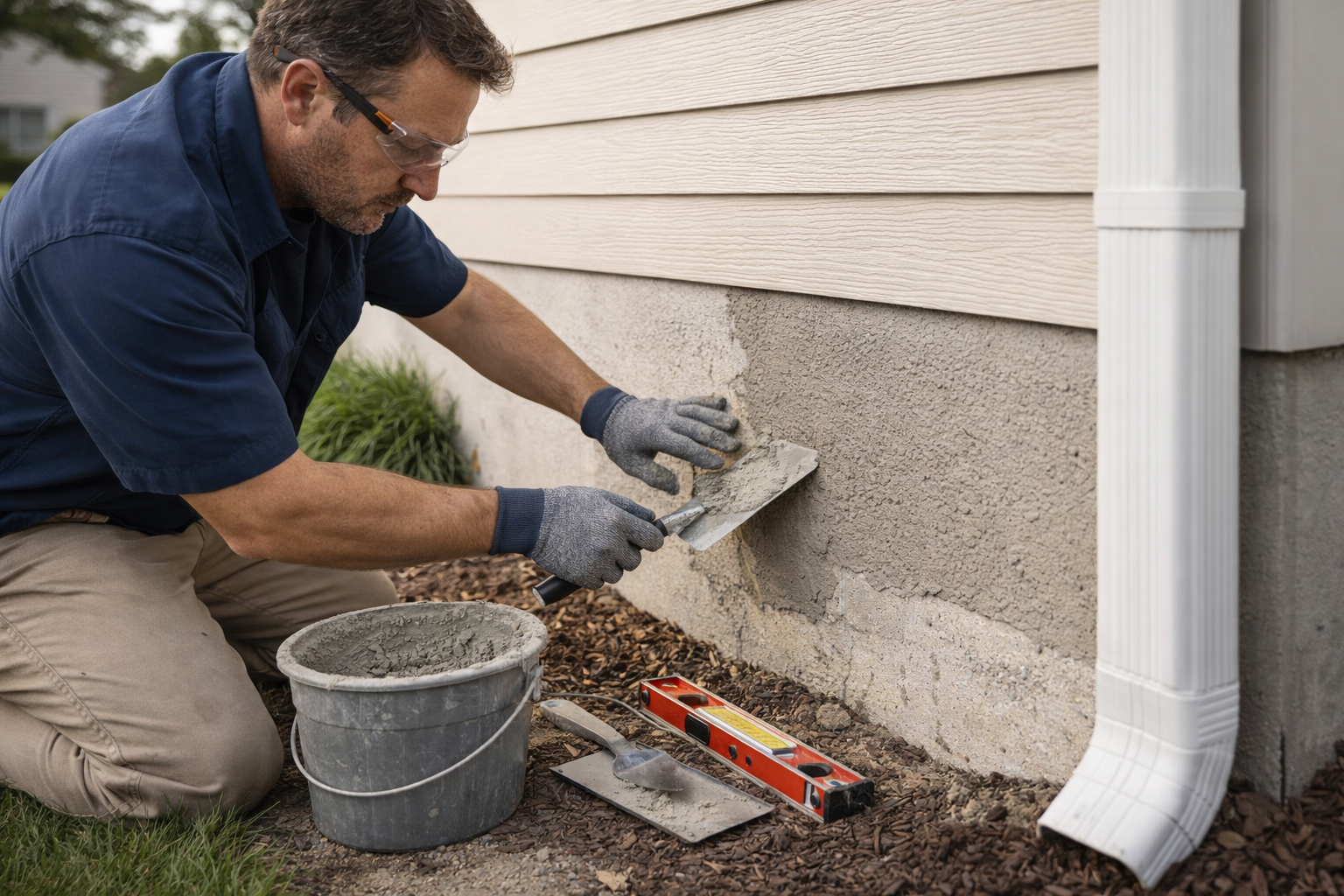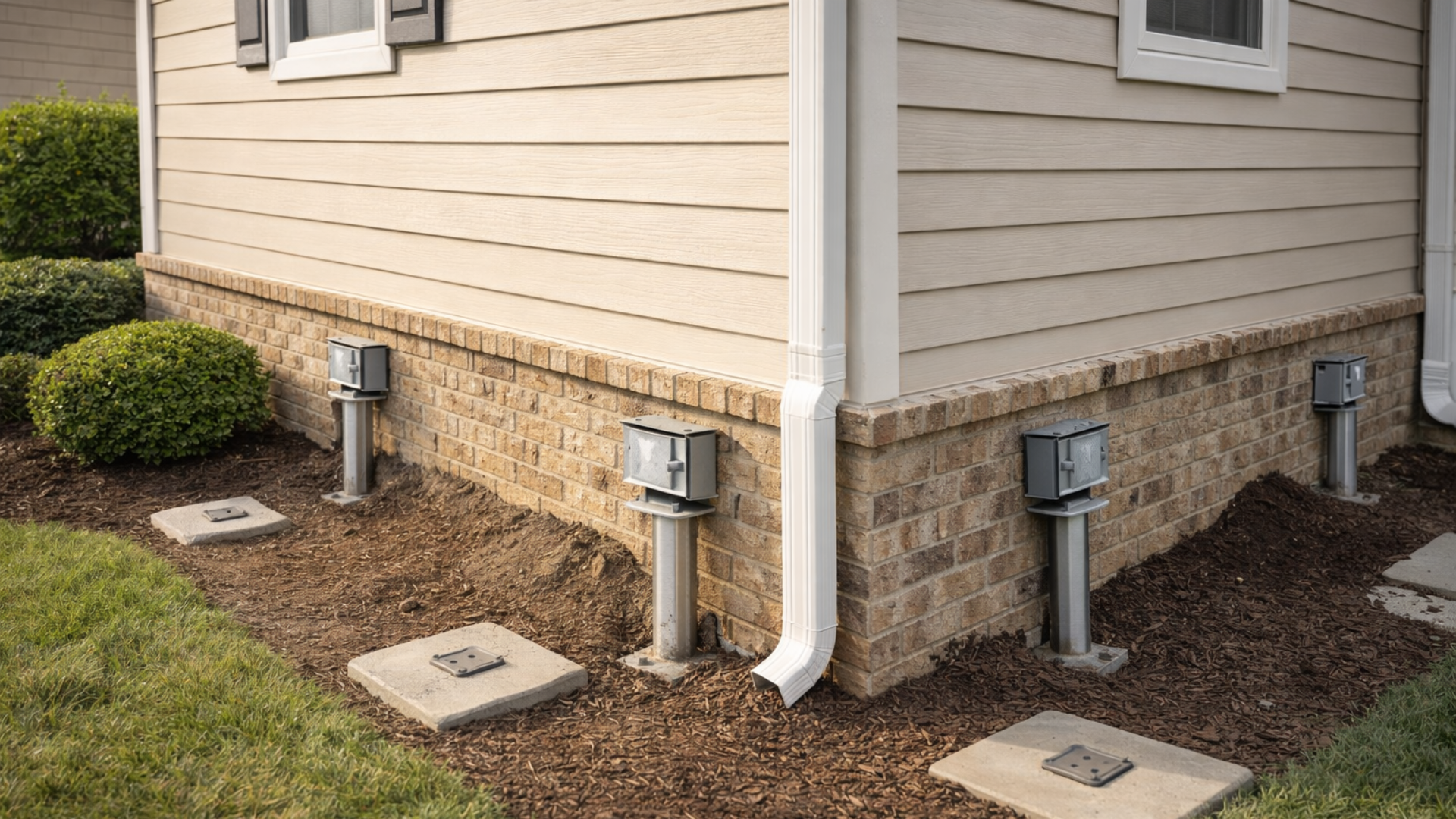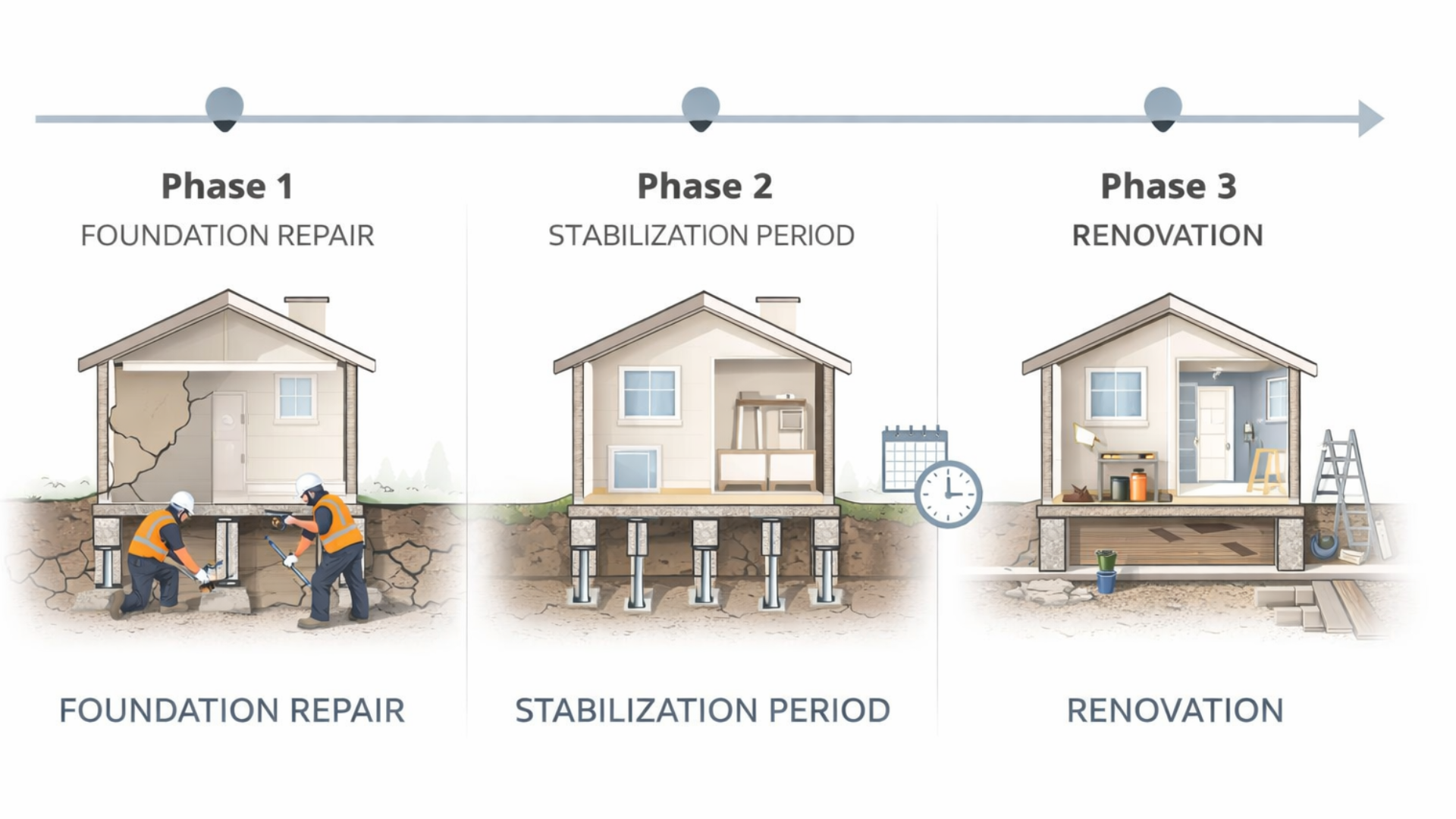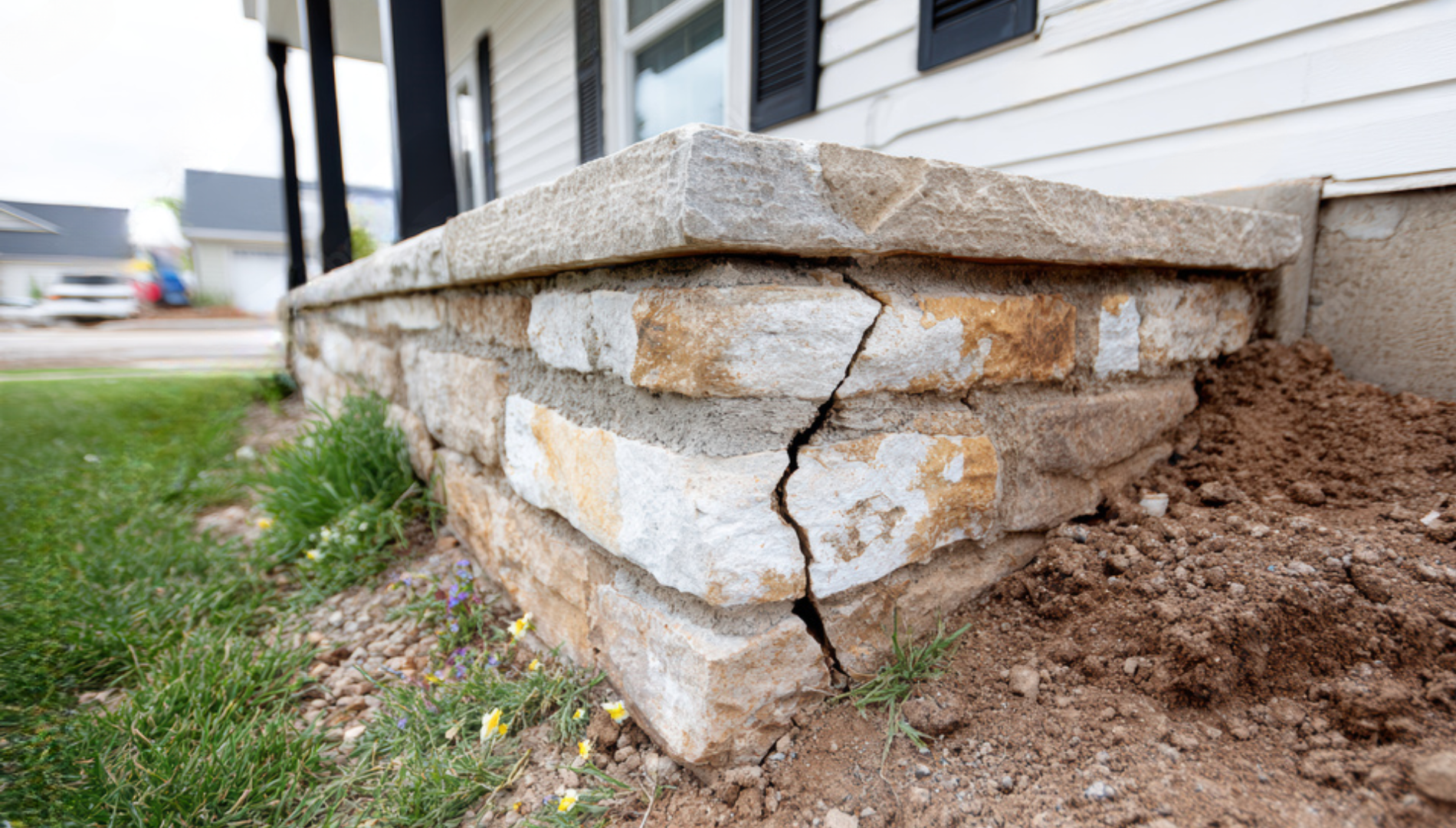Understanding Concrete The Easy Way
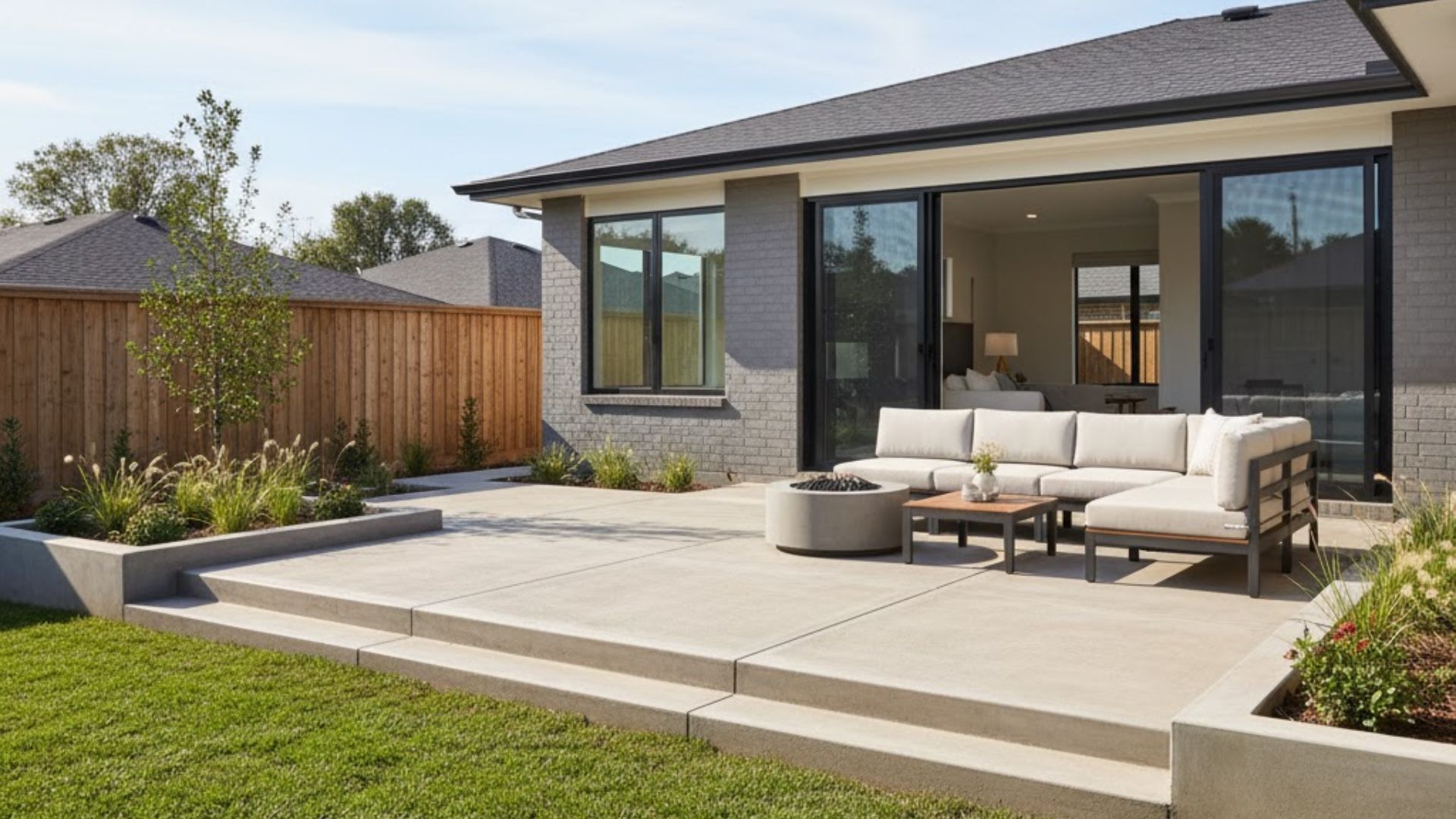
Ever wondered why some concrete patios stay solid for decades while others start cracking after a few years? The secret often lies in something many homeowners overlook, the concrete grade.
If you're planning any construction or home improvement project involving concrete Franklin TN, knowing the basics about concrete grades can save you time, money, and frustration. Simply put, concrete grades indicate the strength and durability of your concrete once it has set. They help determine whether it's suitable for a sidewalk, a patio, or even a house foundation.
In this guide, we'll break down everything you need to know, from the types of concrete grades to how they're tested and what works best for residential projects using concrete Franklin TN's unique climate. By the end, you'll not only understand what a concrete strength chart means but also feel confident choosing the right mix for your next project.
Let's dive in and make sense of those confusing letters and numbers, once and for all.
What Are Concrete Grades?
When you hear terms like C20, C25, or M30, they might sound technical, but they're really just a way to describe how strong a type of concrete is. The grade of concrete tells you the compressive strength, or, in simple terms, how much pressure it can handle before it starts to crack or break.
In the U.S., this strength is usually measured in pounds per square inch (PSI). For example, a concrete mix labeled as 3000 PSI means it can handle that much pressure after it's fully cured, usually around 28 days. The higher the number, the stronger the concrete.
Here's the simple logic:
- Lower grades (like C10 or C15) are good for small projects such as pathways or garden slabs.
- Medium grades (like C25 or C30) are more durable, perfect for residential concrete projects like patios or driveways.
- High grades (like C40 and above) are used for heavy-duty construction, such as bridges or multi-story buildings.
So, when you plan your next project using concrete Franklin TN, the grade you choose matters. It's not just about strength, it's also about matching the right mix to the job. A patio doesn't need the same toughness as a bridge, but it still needs to last through Tennessee's weather. Learn more by reading The Step-by-Step Guide to Concrete Pouring.
How Do You Understand the Grade of Concrete?
Understanding the grade of concrete is easier than it sounds. Think of it like a recipe, different ratios of ingredients create different results. Each grade is defined by how much cement, sand, and aggregate (small stones or gravel) are mixed together, along with water.
For example:
- M20 concrete means the mix can handle 20 MPa (or about 2900 PSI) of pressure.
- M30 concrete is stronger, capable of handling around 4350 PSI.
The letter "M" stands for mix, and the number refers to the strength. The same logic applies to "C" grades, like C25 or C30, which are commonly used terms in the U.S. and UK. To test the grade, engineers usually prepare small cube samples and run a compressive strength test after 28 days. The higher the strength, the higher the grade.
When planning a residential concrete project, this information helps you determine what's safe and cost-effective. A patio or driveway using concrete in Franklin, TN doesn't need industrial-grade strength, but you also don't want a mix that's too weak to handle wear and tear from local weather conditions.
Which Is Stronger, C25 or C30 Concrete?
Here's a quick rule of thumb: the higher the number, the stronger the concrete. So yes, C30 concrete is stronger than C25 concrete.
Let's break it down. The number in each grade (like 25 or 30) represents its compressive strength, measured in megapascals (MPa). In simpler terms, it tells you how much pressure the concrete can handle before it starts to crack.
- C25 concrete (around 3625 PSI) is strong enough for most residential concrete projects, think driveways, patios, and shed bases.
- C30 concrete (around 4350 PSI) is tougher and used where durability matters more, such as foundations or heavy-use driveways.
If you're building something that will face more weight or foot traffic, C30 is usually worth the upgrade. It lasts longer and handles stress better, especially for concrete in Franklin, TN where seasonal temperature shifts can affect durability.
However, if your goal is a decorative patio using concrete in Franklin, TN that won't carry heavy loads, C25 will do just fine. Choosing wisely helps you save money without compromising quality.
What Is F1, F2, F3, F4 Concrete Finish?
You've probably noticed that not all concrete surfaces look or feel the same. Some are smooth like polished stone, while others have a rougher, more practical texture. That's where F1, F2, F3, and F4 concrete finishes come in.
These aren't strength grades, they're finish classes that describe how smooth or refined the surface should be once the concrete is set. Here's a quick breakdown:
- F1 Finish: The most basic level, slightly rough and used where appearance doesn't matter much, like subfloors or areas that will be covered later.
- F2 Finish: A standard, moderate finish used for residential concrete projects such as patios and driveways. It's neat, functional, and looks good without being overly polished.
- F3 Finish: A smoother surface, often used indoors or in places where appearance is more important, like garages or finished floors.
- F4 Finish: The premium, polished look. It's sleek, glossy, and ideal for decorative or commercial spaces where aesthetics are key.
If you're planning a project using concrete in Franklin, TN, your finish choice matters just as much as the grade. For example, patios often use an F2 or F3 finish for both durability and visual appeal.
Which Is Better, 43 or 53 Grade Cement?
When choosing cement for your project, you'll often see labels like 43 grade and 53 grade cement. These numbers might look confusing at first, but they're simply indicators of strength and performance.
Here's the short answer: 53 grade cement is stronger and sets faster, while 43 grade cement offers a smoother, slower-setting mix, perfect for most residential concrete projects.
Let's break it down:
- 43 Grade Cement: Gains strength gradually, making it great for plastering, brickwork, and medium-strength concrete like C20 or C25. It's easier to work with and reduces the risk of cracks from fast drying.
- 53 Grade Cement: Has higher compressive strength (up to 53 MPa after 28 days). It's ideal for structural work, columns, and heavy-duty slabs where you need higher load-bearing capacity.
If you're building something that needs extra toughness, say, a garage floor or large patio, concrete in Franklin, TN made with 53 grade cement can be a great choice. But for smaller or decorative jobs using concrete in Franklin, TN, 43 grade is often more practical and cost-effective.
Choosing the Right Concrete Grade for Your Project in Franklin, TN
Picking the right concrete grade isn't just about strength — it's about matching the concrete to the purpose of your project. The grade determines not only how much load it can handle but also how well it holds up to weather, foot traffic, and time.
For residential projects using concrete in Franklin, TN, here's a quick guide to help you choose:
- C20 or M20: Great for garden pathways or light-use patios.
- C25 or M25: Perfect for driveways, small foundations, and most home slabs.
- C30 or above: Recommended for garage floors, retaining walls, and heavy-use areas.
According to the Portland Cement Association, concrete grade selection should always balance strength, durability, and workability. This ensures that your structure not only meets load requirements but also performs well long-term under local environmental conditions, particularly important for concrete in Franklin, TN.
The right grade doesn't have to be the most expensive one, just the one that fits your concrete in Franklin, TN project's needs perfectly.
Tips for Working with Concrete Contractors
Even if you know the right concrete grade and finish, a successful project depends on choosing the right contractor. Here are some friendly tips to keep in mind:
- Ask About Experience: Ensure your contractor has experience handling projects similar to yours, such as patios, driveways, or slabs, particularly in Franklin, TN's climate, where concrete is commonly used.
- Check References and Reviews: Hearing from past clients gives you insight into reliability, quality, and professionalism when it comes to installing concrete in Franklin, TN.
- Discuss the Mix and Finish: Don't be afraid to ask exactly which grade of concrete they recommend and why. Ask about F1-F4 finishes if aesthetics matter for your patio or driveway.
- Understand the Timeline: Concrete needs proper curing. Rushing this step can lead to cracks or weaker concrete.
- Get Detailed Quotes: Request written quotes that clearly outline the concrete grade, finish, and any additional services. This helps you compare and make informed decisions about concrete in Franklin, TN.
Hiring experienced professionals like GK Construction Solutions ensures that your project using concrete in Franklin, TN is done right the first time. They'll handle the mix, placement, and finishing with care, saving you stress and giving you peace of mind that your project will last for years.
Working with the right team can make all the difference. After all, even the strongest concrete won't perform well if it isn't poured and finished properly.
Conclusion
Understanding concrete grades doesn't have to be complicated. From C25 vs C30 concrete, to F1-F4 finishes, and choosing between 43 or 53 grade cement, the key is matching the right mix to your project's needs. Whether you're building a patio, driveway, or any residential project using concrete in Franklin, TN, knowing the basics helps you make smarter decisions, save money, and ensure your concrete lasts.
If you're planning a project involving concrete in Franklin, TN, don't leave it to guesswork. Trust the local experts at GK Construction Solutions. They can guide you through the best options for concrete in Franklin, TN for your home, provide accurate quotes, and ensure your project is done right the first time.
Ready to start your next concrete project? Contact GK Construction Solutions today and get professional advice, high-quality materials, and lasting results. Your perfect patio or driveway is just a call away!
Follow our social media pages below:
